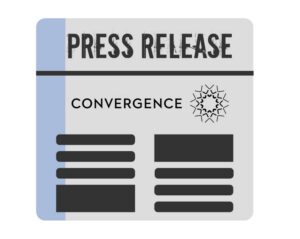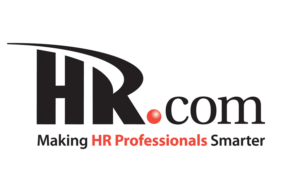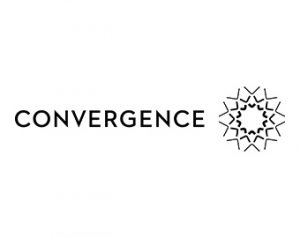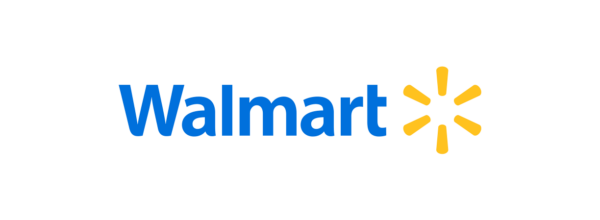This project was made possible by generous funding from Walmart.
The Vision
The Convergence Collaborative on Pathways to Better Jobs seeks to address the needs of millions of job seekers – low- to moderate-income earners who are currently employed, under-employed, or long-term unemployed. Convergence’s goal is to find ways to better connect workers with appropriate opportunities to grow their skills and qualifications, and to navigate the on- and off-ramps that will build economic mobility and financial security for their future.
The Problem
While life has generally settled into a new normal, the COVID-19 pandemic did produce widespread economic collapse, exposing and exacerbating many pre-existing challenges and barriers that low- and moderate-income workers face to achieving financial security and upward mobility.
As of April 2022, 7.9% of American workers were discouraged, underemployed, or unemployed (U6). And, we continue to see disparate impacts in underserved populations. For instance, the unemployment rate for Black (7.3%) and Latino (4.9%) workers is higher compared to White (3.6%) workers.
Additionally, women suffered major setbacks, with 11 million women losing their jobs in the first two months of the pandemic and an additional 2.65 million leaving jobs due to caretaking demands or the inability to find accommodating employment. Alarmingly, over two years later, the women’s workforce participation rate has not recovered, and in fact, has decreased even further.
Percentage of individuals who started in a low-wage job in 2012 and did not move to a job with a median salary above the low-wage threshold in five years.
Harvard
The women’s workforce participation rate has hit a record low since 1988.
Fortune
Percentage of Black children whose parents are in the bottom decile of the national income distribution remain there as adults, compared with just 17% of White children.
Economic Mobility Project
Challenging these systemic problems requires creative thinking, problem-solving, and a willingness to collaborate to find common ground. Our proven, consistently successful process brings top leaders from across the political spectrum to consensus, helping the group identify critically needed changes, such as reforms to federal programs, tough policy choices, and realigning funding.
Blueprint Consensus Proposals
Develop and advocate for a universal essential skills framework for workers
Support workers in growing their essential skills and navigating their career advancement through new, accessible resources.
Employer-led Solutions
Identify key areas in which employers can improve their competitiveness by creating more sustainable and job-ready talent pipelines.
Work-Based Learning
Expand and scale work-based learning models to develop worker and employer opportunities.
Project Outputs
A series of novel tools listed below aimed to improve access and opportunity for workers and employers alike:
Career Advancement Guide:
For those that engage directly with workers such as career navigators to provide guidance and resources to help workers maximize each stage of the worker lifecycle.
Universal Essential Skills Framework:
For career navigators and others that engage directly with workers to communicate the essential skills that workers should be cultivating, and which will support their journey toward upward mobility.
Work-based Learning Taxonomy:
For employers to implement work-based learning programs by sharing the definition, types, and examples of these programs.
participant Statements and letters
Career Navigation Coalition Statement
The Career Navigation Statement is to be shared with policymakers to call for state funding for programs and opportunities that support resources for workers to cultivate in-demand and essential skills.
Work-based Learning Coalition Letter
The Work-based Learning Coalition Letter is to be shared with national, state and local policymakers, who may include but are not limited to workforce development boards, adult education and apprenticeship offices to educate, inform, and advocate for investment and expansion of work-based learning programs for funding and incentives for employers to implement work-based learning programs.
An Ongoing Dialogue
The Convergence Dialogue on Pathways to Better Jobs brings together a diverse and influential group of stakeholders representing workers, workforce trainers, policymakers, employers, and post-secondary education providers of all types. This collaborative, problem-solving process is aimed at building trust and identifying and exploring areas of common ground to foster innovations that balance worker needs with those of employers.
The Pathways Dialogue represents a continuation, and evolution, of these discussions that will focus on two specific pathways that can lead to better jobs:
- Apprenticeships
- Associate Degrees, Technical and Certificate Programs
Testimonials

In the News

In a new report, Convergence Center for Policy Resolution released a series of recommendations and tools to address several of the biggest obstacles facing workers and employers today. This Blueprint for Action represents the consensus built by a diverse group of leaders who participated in the Convergence Collaborative on Pathways to Better Jobs, a multi-stage convening over many months. The Blueprint proposes changes to improve accountability and coordination within and between workforce systems, employers, and community organizations; build momentum for investment in training programs; and scale up workforce development and employer partnerships pilots that are already successfully bolstering communities.

“Skills-based hiring can bolster workers with valuable workplace and lived experience that often contributes more to success on the job than traditional pedigree-focused hiring criteria. It is also a way to fill critical employment gaps while providing much-needed pathways to upward economic mobility.”
Read more from Convergence Dialogue on Pathways to Better Jobs participants, Deeneaus Polk and Jenna Shrove, on how skills-based hiring can lend a benefit to both employers and employees.

A Skill Strategy for the Future of Work
With increasing skill and pay gaps among US workers, we have to ask - is education still the great equalizer? Burning Glass Institute President Matt Sigelman explores this question and how a strong skills strategy may the part of the solution. As a member of this Convergence Dialogue, Matt's data-driven, deep perspective on skill building is critical for solving the problems facing working families today.

Convergence Dialogue On Pathways To Better Jobs Set to Launch
Convergence Center for Policy Resolution, a nonprofit leader in bridging divides and finding collaborative solutions to intractable issues, announced the launch this month of a new project: the Convergence Dialogue on Pathways to Better Jobs (Pathways Dialogue), supported in part by Walmart and Fetzer Institute. The project will convene leaders across economic and ideological spectrums to discuss how to tackle challenges currently facing job seekers in a U.S. economy that has seen rapid transformation in recent years.
Interested in funding a project in the future?
Check out our donate page or contact our development team to learn more.


